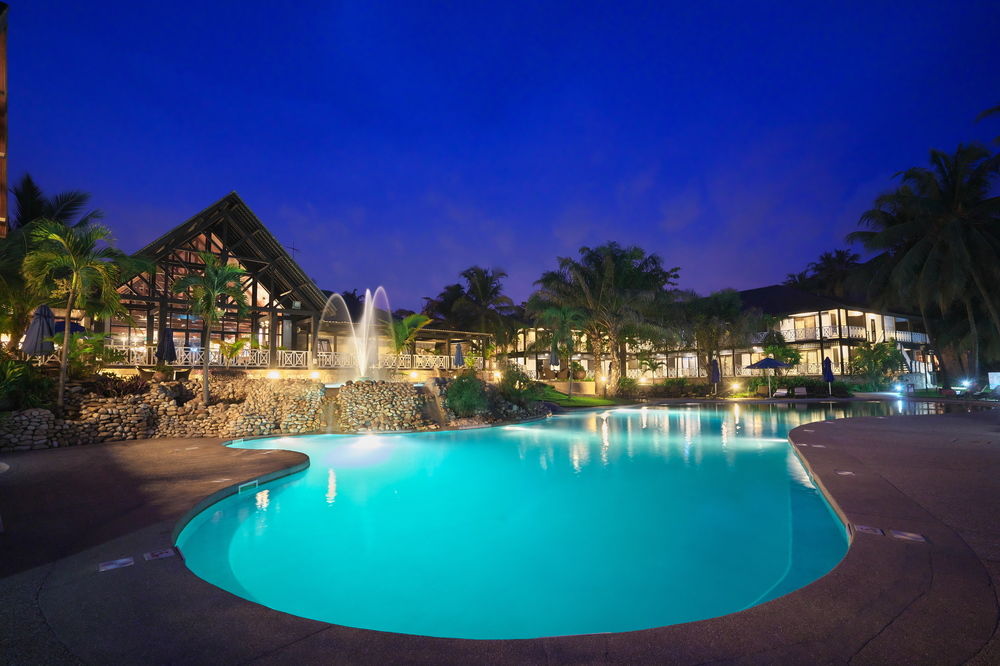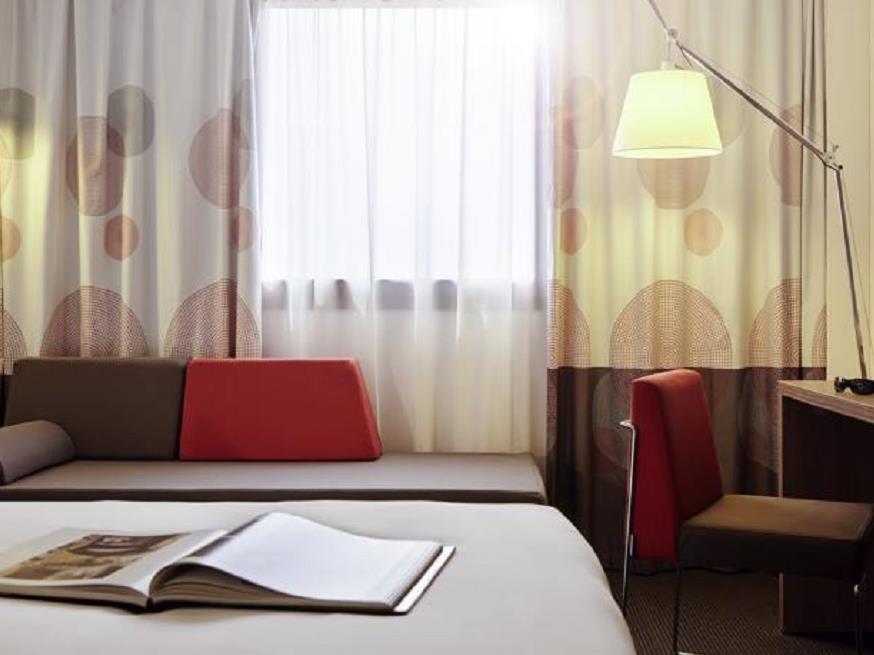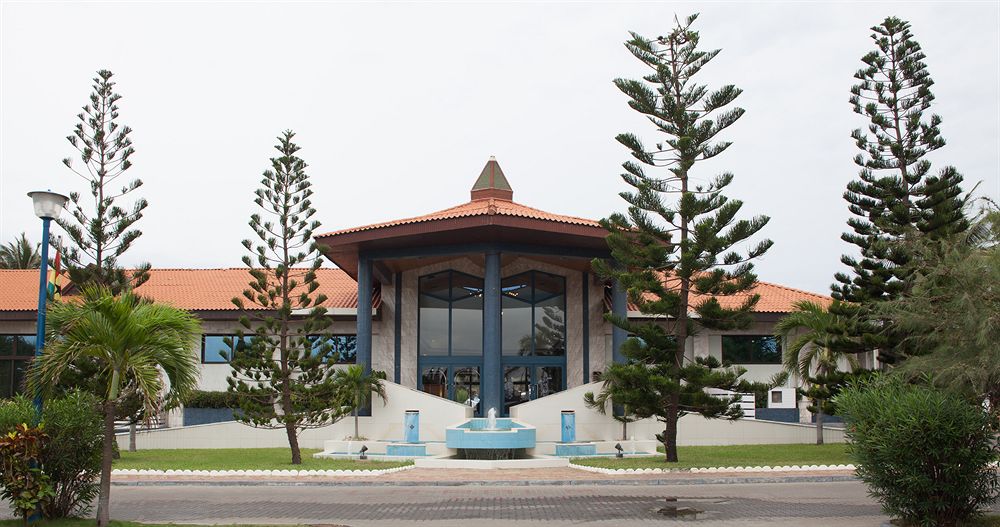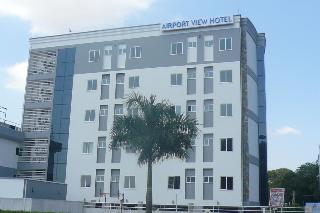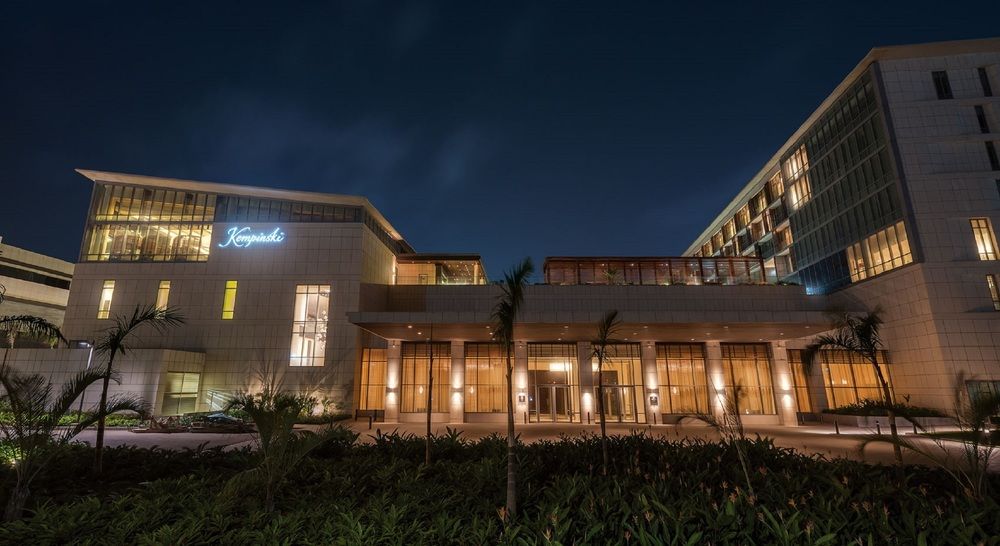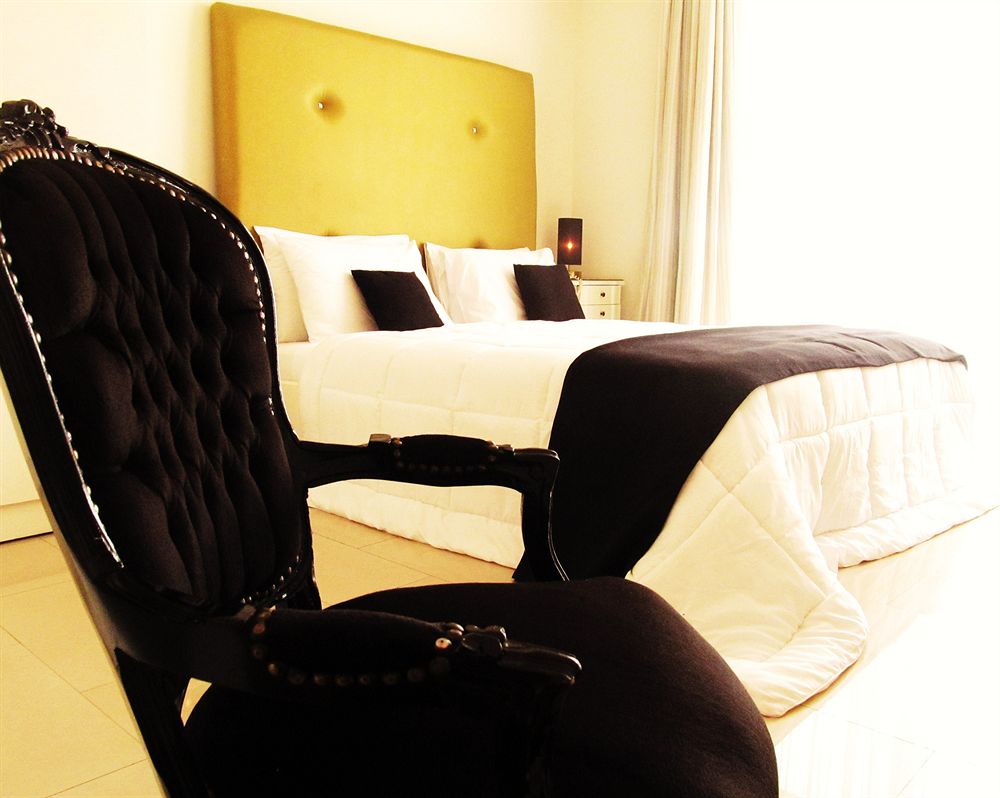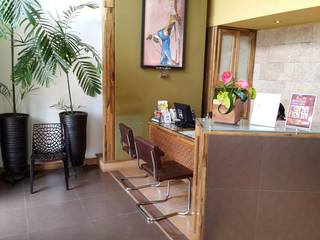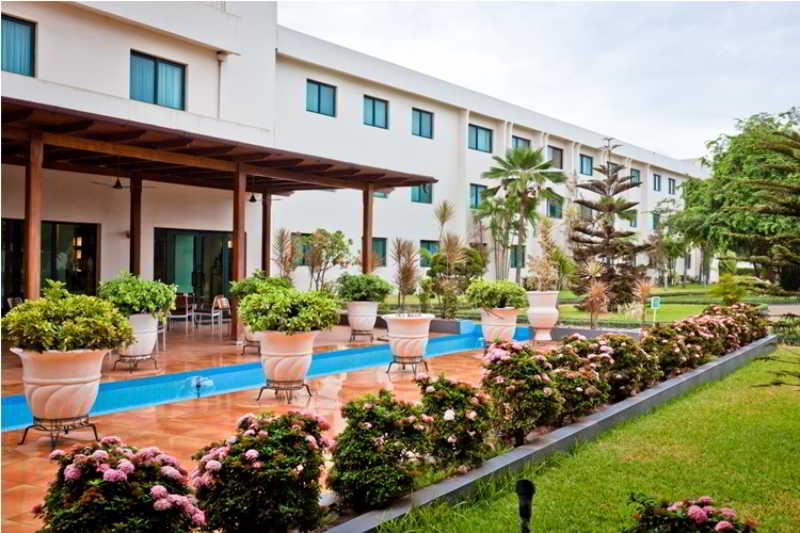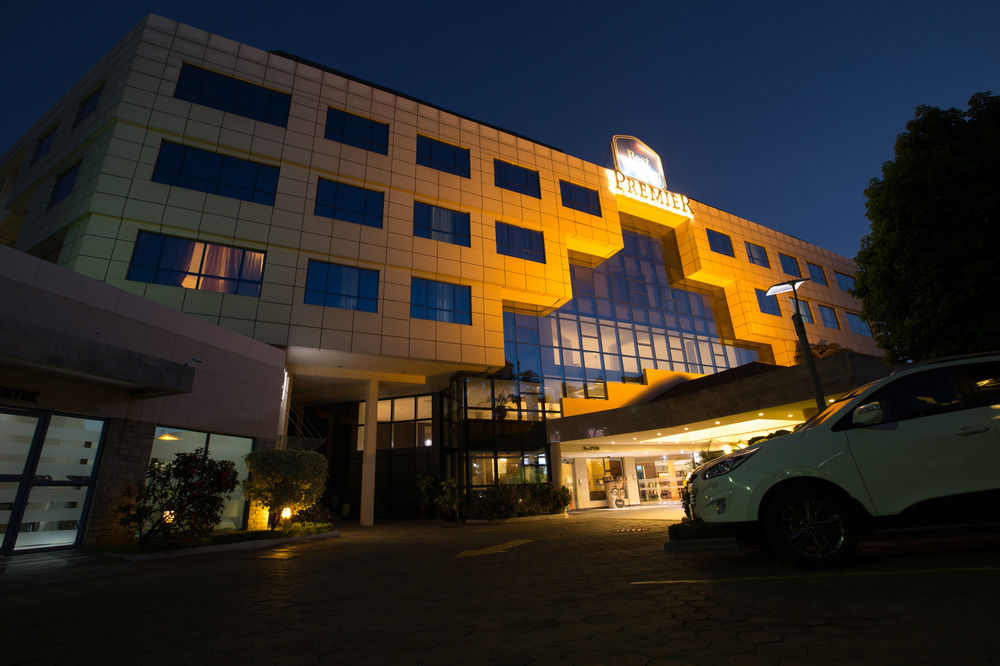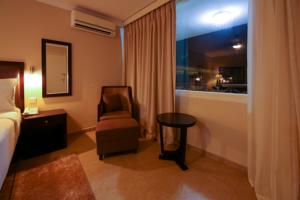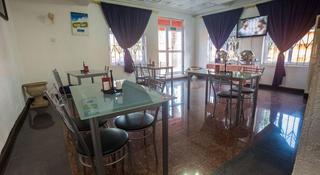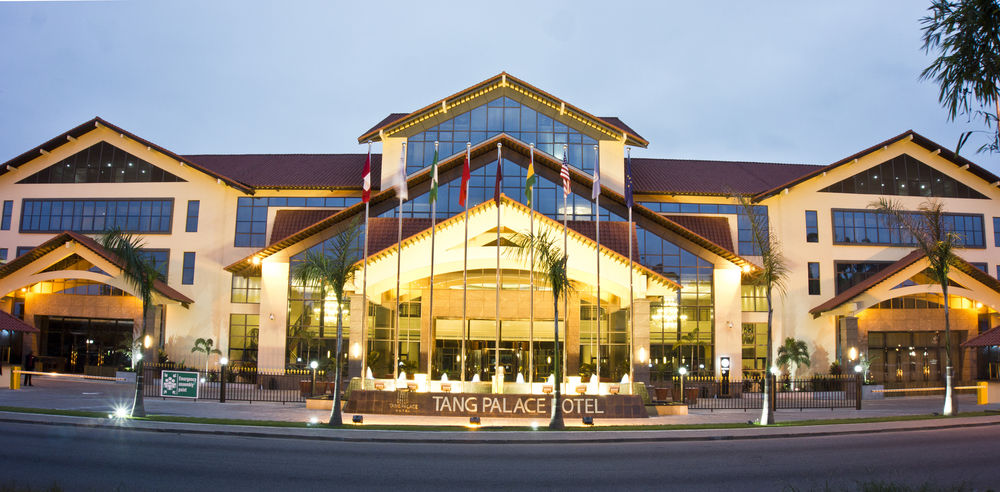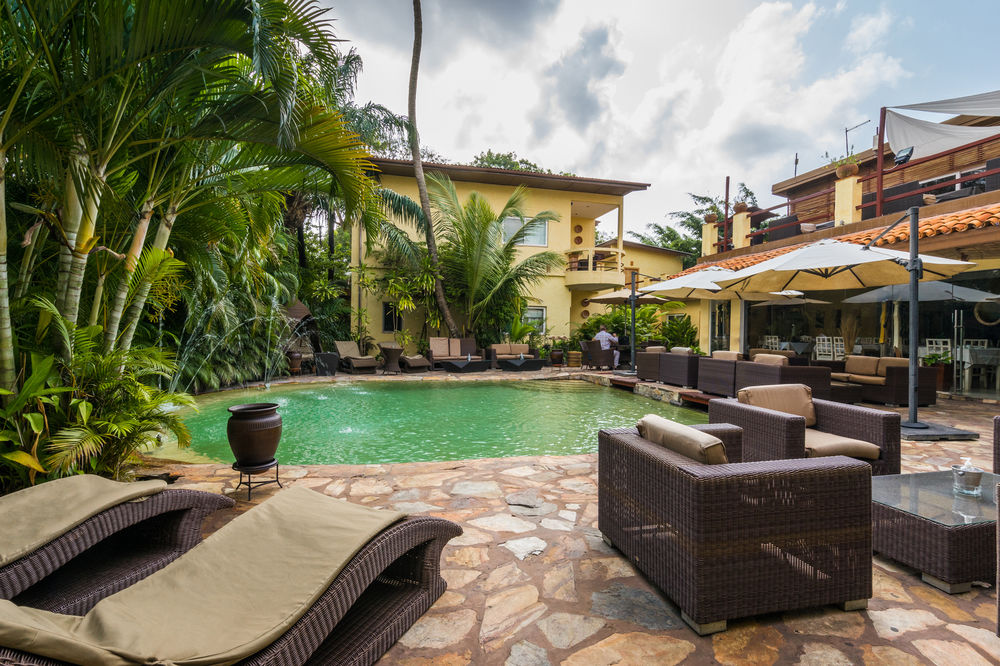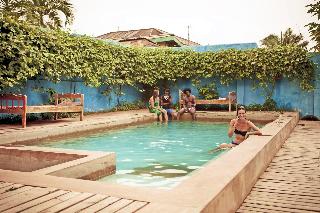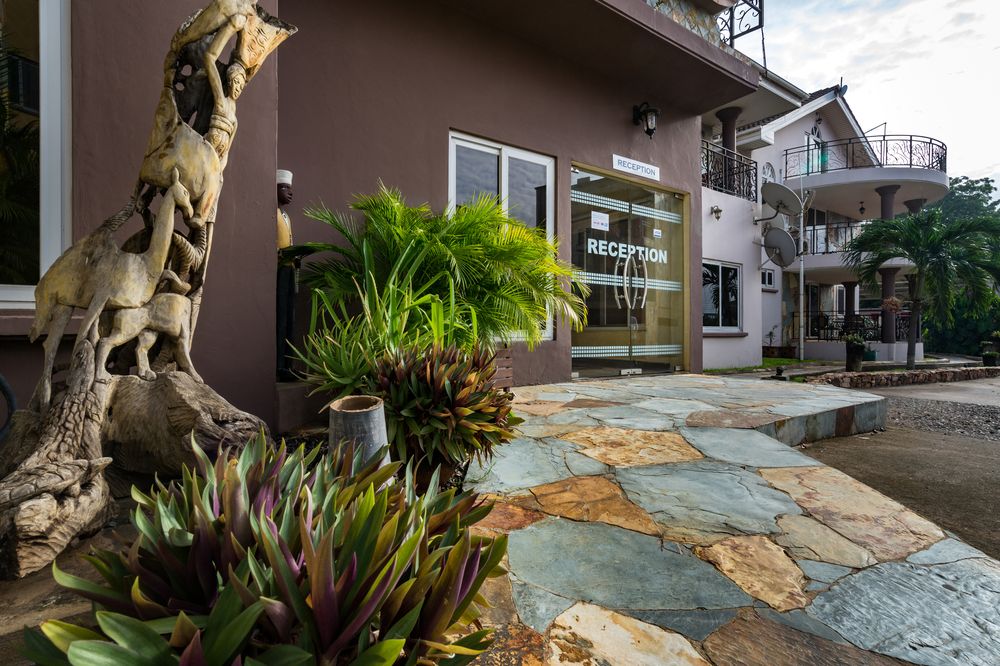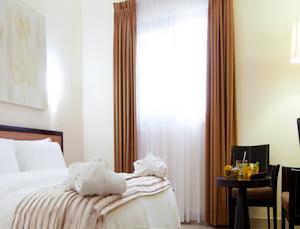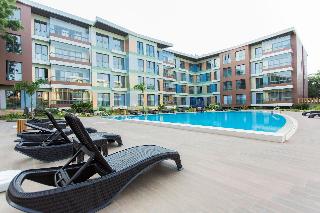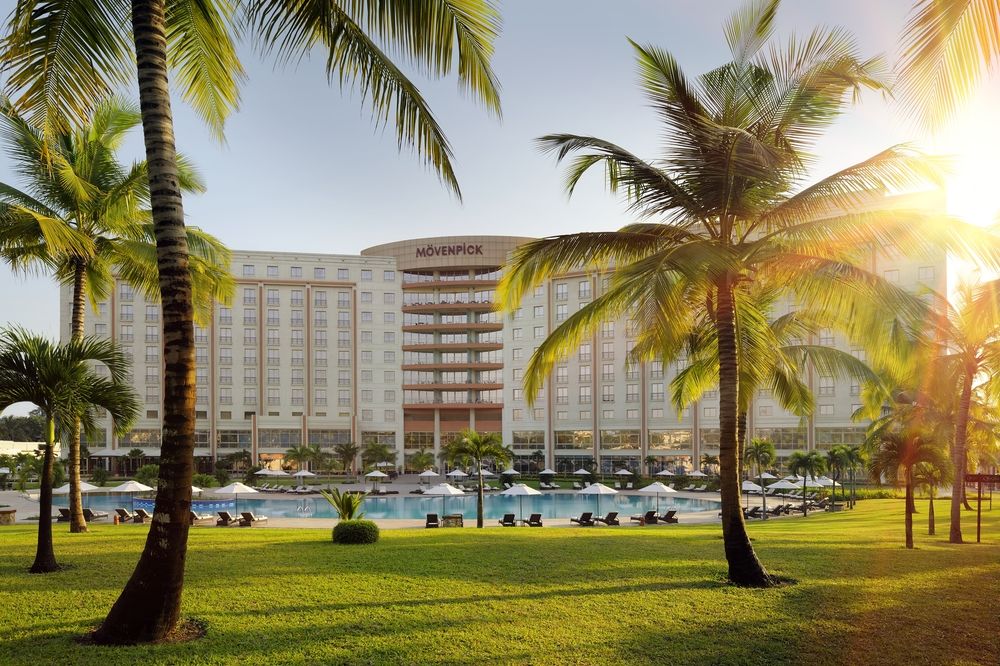
Find hotels in Accra
Lowest prices detected by AI for hotels
Best
Cheapest
Star Ratings
AI Recommended
Best Hotels In Accra
Cheapest Hotel Deals in Accra
Top Rated Hotels
5 Star Hotels in Accra
4 Star Hotels in Accra
3 Star Hotels in Accra
AI-recommended Destinations
Where to stay in Accra
More About Accra
Accra is the capital and largest city of Ghana, covering an area of 225.67 km2 (87.13 sq mi) with an estimated urban population of 2.27 million as of 2012. It is organized into 10 local government districts – 9 municipal districts and the Accra Metropolitan District, which is the only district within the capital to be granted city status. "Accra" usually refers to the Accra Metropolitan Area, which serves as the capital of Ghana, while the district within the jurisdiction of the Accra Metropolitan Assembly is distinguished from the rest of the capital as the "City of Accra". In common usage, however, the terms "Accra" and "City of Accra" are used interchangeably.
The intersection of the Lafa stream and Mallam junction serves as the western border of Accra, the Great Hall of the University of Ghana forms Accra's northern border, while the Nautical College forms the eastern border. The Gulf of Guinea forms the southern border.
Formed from the merger of distinct settlements around British Fort James, Dutch Fort Crêvecoeur (Ussher Fort), and Danish Fort Christiansborg as Jamestown, Usshertown, and Christiansborg respectively, Accra served as the capital of the British Gold Coast between 1877 and 1957 and has since transitioned into a modern metropolis. The capital's architecture reflects this history, ranging from 19th-century colonial architecture to modern skyscrapers and apartment blocks.Accra is the Greater Accra Region's economic and administrative hub, and serves as the anchor of the larger Greater Accra Metropolitan Area (GAMA), which is inhabited by about 4 million people, making it the thirteenth-largest metropolitan area in Africa. Strategic initiatives, such as transportation, are coordinated between the local government authorities, while the Accra Metropolitan Assembly, based in West Ridge, is responsible for the administration of the 60 km2 (23 sq mi) City of Accra only.
The central business district of Accra contains the city's main banks and department
 Time 0
Time 0 Currency GHS
Currency GHS Languages English, African languages
Languages English, African languagesWhat’s Special about Staypia?
Compare hotel prices in real-time
AI finds you the lowest price for hotels in Accra.
Lowest price for 3.16M hotels worldwide
Book with up to 31% extra discounts only for Staypia members.
Travel bucket list for Accra
Plan your trip with over 17K 'must see' recommendations for Accra
Frequently Asked Questions
The best hotels in Accra are Movenpick Ambassador Hotel Accra, Labadi Beach Hotel, Accra City Hotel.
The best 5 star hotels in Accra are Movenpick Ambassador Hotel Accra, Labadi Beach Hotel, Kempinski Hotel Gold Coast City. Search for the most highly rated hotels in Accra
The most highly rated hotels in Accra are La Paradise Inn, Kempinski Hotel Gold Coast City, Fiesta Royale Hotel.
Generally, room reservations are subject to a free refund until the cancellation deadline. Fees may apply after the cancellation deadline, so please check the cancellation deadline on your hotel voucher or in Menu > My Reservation.
If you’re a frequent traveler, Staypia is the best place to get the best hotel deals. You can book hotels with the lowest price of 3.16 million hotels collected by AI, and receive additional discounts for members only.
